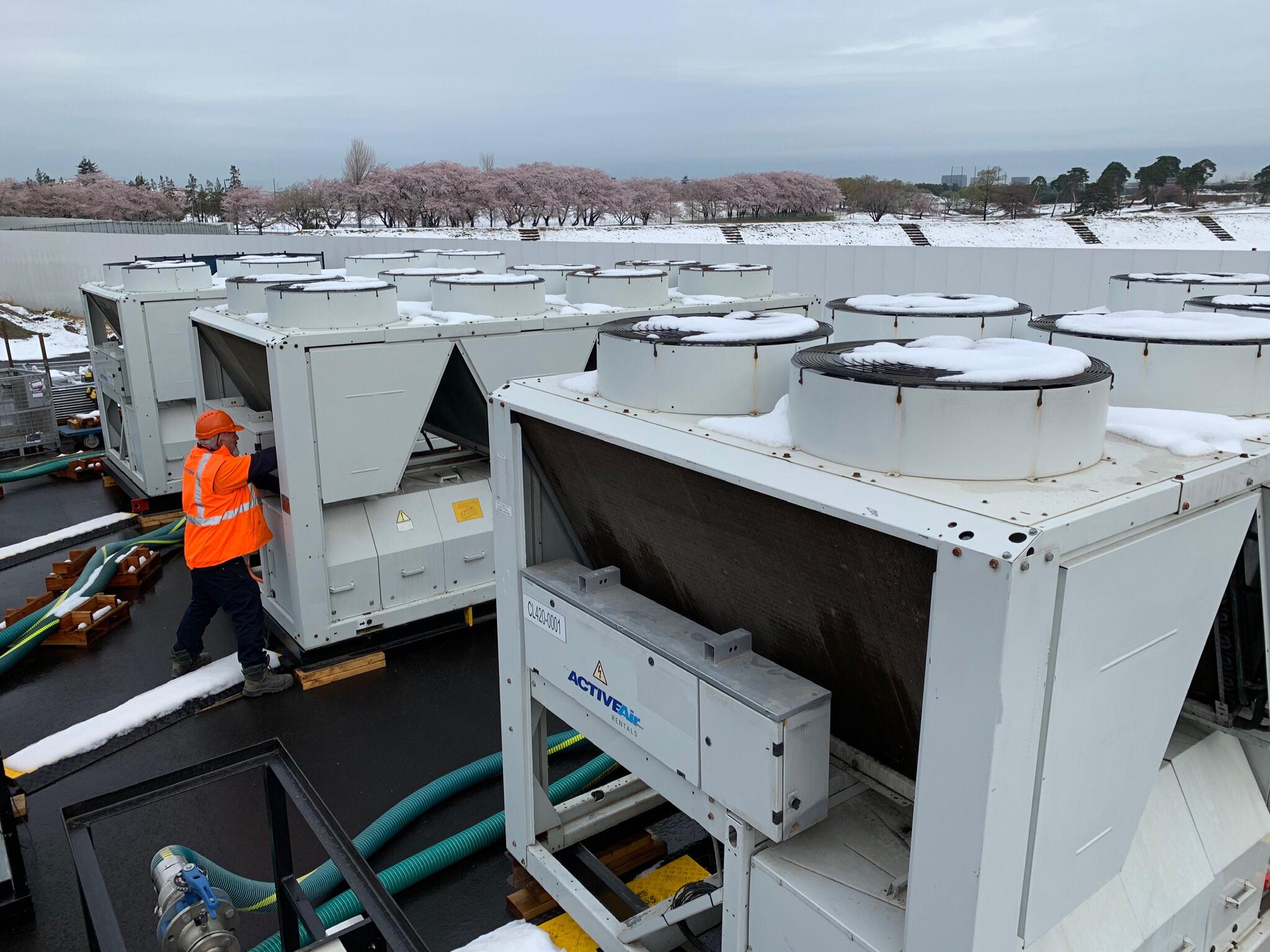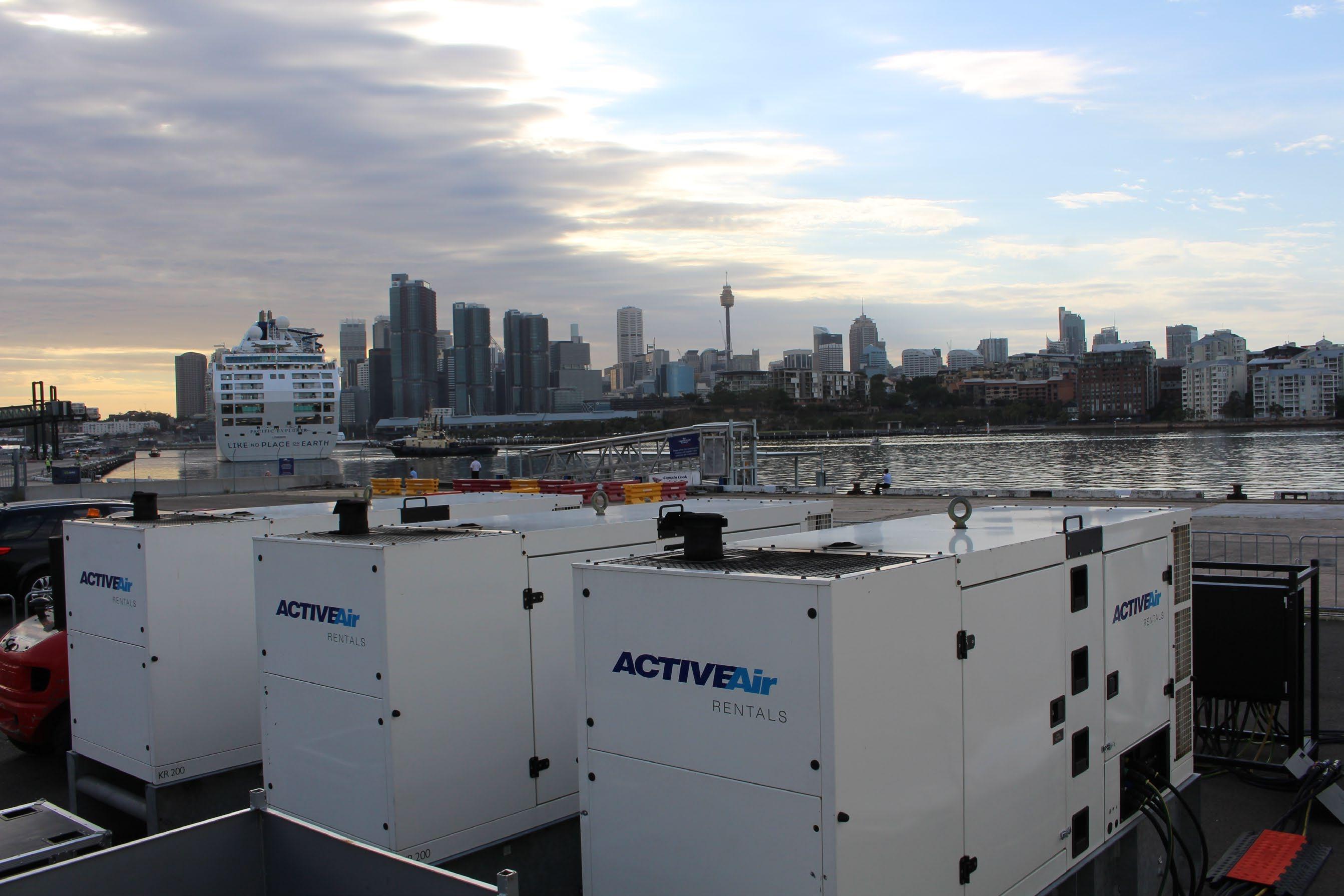
6 minute read
MST report on the Jobs and Skills Summit
Outcome from the 2022 Jobs and Skills Summit
THE FEDERAL GOVERNMENT’S JOBS AND SKILLS SUMMIT WAS HELD AT PARLIAMENT HOUSE IN CANBERRA ON 1-2 SEPTEMBER.
More than 140 people representing government, employers, unions, industry groups, academia and community members were invited to discuss the economic challenges and opportunities facing the Australian labour market and economy.
The Summit covered five broad themes: 1. Maintaining full employment and growing productivity. 2. Boosting job security and wages. 3. Lifting participation and reducing barriers to employment. 4. Delivering a high-quality labour force through skills, training and migration. 5. Maximising opportunities in the industries of the future.
Following the summit, the Federal Government released its Outcomes Paper highlighting 36 immediate actions and priorities for further work and future action. The Outcomes Paper can be found on The Treasury website,
One key outcome was to update the Fair Work Act to create a simple, flexible and fair new framework. The details of the proposed reforms remain unclear and any changes would be required to pass the Senate.
In this article, we outline some of the Government’s proposed changes.
Enterprise Agreement Bargaining System
Legislative reform to enterprise bargaining has been a big ticket item in the ALP’s industrial reforms agenda even before the Summit.
Enterprise Bargaining
The Government is committed to ensuring that all businesses and workers can negotiate in good faith for agreements that benefit them, particularly underrepresented groups such as First Nations people, women, people with disability and small businesses.
Currently, the Fair Work Commission can only ensure that parties are bargaining in good faith and provide a forum for conciliations, but do not have any powers to require a party to reach agreement.
As a result of the Summit, it is proposed the Fair Work Commission will take a more proactive role in assisting businesses (particularly small and medium businesses) and workers in the bargaining process.
Multi-Employer Bargaining
The Government will ensure that workers and businesses have flexible options for reaching agreements, such as allowing for multi-employer bargaining.
This approach would likely increase the level of union-led bargaining across sectors and different businesses. The prospect of multi-employer bargaining is not confined to small business employers and is subject to further consultation with unions and industry leaders.
Better Off Overall Test
Currently, enterprise agreements must pass the Better Off Overall Test before the Fair Work Commission can approve the agreement.
The Fair Work Act provides that the Fair Work Commission must be satisfied, at the test time (which is the date the application of the approval of the agreement was lodged), that each award covered employee, and each prospective award covered employee, who would be covered by the agreement would be better off overall if the agreement applied to the employee rather than if the relevant modern award.
The Government proposes to simplify the Better Off Overall Test so it can be
applied in a manner that is fairer and more flexible . This potential change aims to make it easier for employers and employees to reach agreements that also meet the test for approval by the Fair Work Commission.

Termination of ‘Zombie’ Agreements
The Government will ensure the termination process for registered agreements will be fit for purpose and fair.
The ability for employers to unilaterally terminate enterprise agreement, where it will result in employees’ reduction in terms and conditions, will be removed. This change will likely not have a significant practical impact as in the past three years from 1 July 2019, only around 25 such applications were made to the Fair Work Commission. However, the Government does not propose to prevent employees or unions making unilateral applications to terminate enterprise agreements.
Sunset clauses will also be introduced on ‘zombie’ agreements. This reform was previously proposed by the Coalition Government in its Industrial Relations Omnibus Bill in 2020, but was later removed from the narrower version of the bill passed in Parliament. If the same scope of reform is adopted by the Labor Government, all pre-2009 registered agreements will be affected.
Updates to the Fair Work Act
Some changes to the Fair Work Act have been flagged including: • Providing stronger access to flexible working arrangement and unpaid parental leave; and • Providing stronger protections against adverse action, discrimination and harassment.

There was a push for new paid parental leave policy by unions, businesses and advocacy groups at the Summit, however, the Government was hesitant in adopting this idea and have not included this as one of their immediate initiatives.
National Construction Industry Forum
unions will work together to establish a tripartite National Construction Industry Forum. The powers and functions of the forum are yet to be detailed, however, the forum will address issues including mental health, safety, training, apprentices, productivity, culture, diversity and gender equity in a male dominated and high stress industry.
Further Commitments made by the Government
The immediate actions in the Outcomes Paper complement a number of existing commitments made by the Labor Government in its “Secure Australian Jobs Plan” policy.
Amendment to the definition of Casual Employees
In March 2021, a statutory definition of a casual employee was introduced in the Fair Work Act under the Morrison government. This definition focuses on the offer/formation of the casual employment, rather than what happens during the employment period.
The Labor Government proposes to amend this definition to focus on the overall circumstances of the engagement by setting an objective test to determine when a worker is casual.
This change will be a step back towards uncertainty for businesses if the definition of casual employee was to be amended to take into account matters arising after the initial engagement of the worker.
Extension to Fair Work Commission Powers
The powers of the Fair Work Commission will be extended to include ‘employee-like’ forms of work. The Fair Work Commission will be empowered to introduce new minimum workplace entitlements for ‘employee-like’ forms of work (such as gig work) and to intervene or inquire into such forms of work.
The current accepted legal approach to determine whether a gig worker is an employee or a contractor in a particular setting, is to examine the contractual rights and obligations of the worker on a case-by-case basis. This is a highly complex area and it is yet to be seen how ‘employee-like’ work will be defined.
What happens next?
The ideas, policies and proposals from the Summit and the Outcomes Paper are subject to consultation. The Government has stated it will introduce legislative reform swiftly, noting it has already introduced a bill to implement 10 days of paid family and domestic violence leave in the National Employment Standards only, two months after the Labor Government was sworn in.
Issues will be explored further as part of the Employment White Paper which will be released by the end of September 2023. The Government is inviting public submissions from 29 September 2022 to 30 November 2022.
This article was prepared by MST Lawyers, who operate the HRNet service for all HRIA and EWPA members. MST Lawyers is a full service law firm with dedicated teams specialising in the following areas of law: • Workplace relations • Wills and estates • Property and conveyancing • Litigation and dispute resolution • Corporate • Franchising • Family
You can find out more about MST Lawyers on their website at
https://www.mst.com.au/.
HRIA members are encouraged to contact MST Lawyers through the free HRNet hotline support service on 1800 474 247 or workplace@ mst.com.au if they have any HR or employment law related queries.









